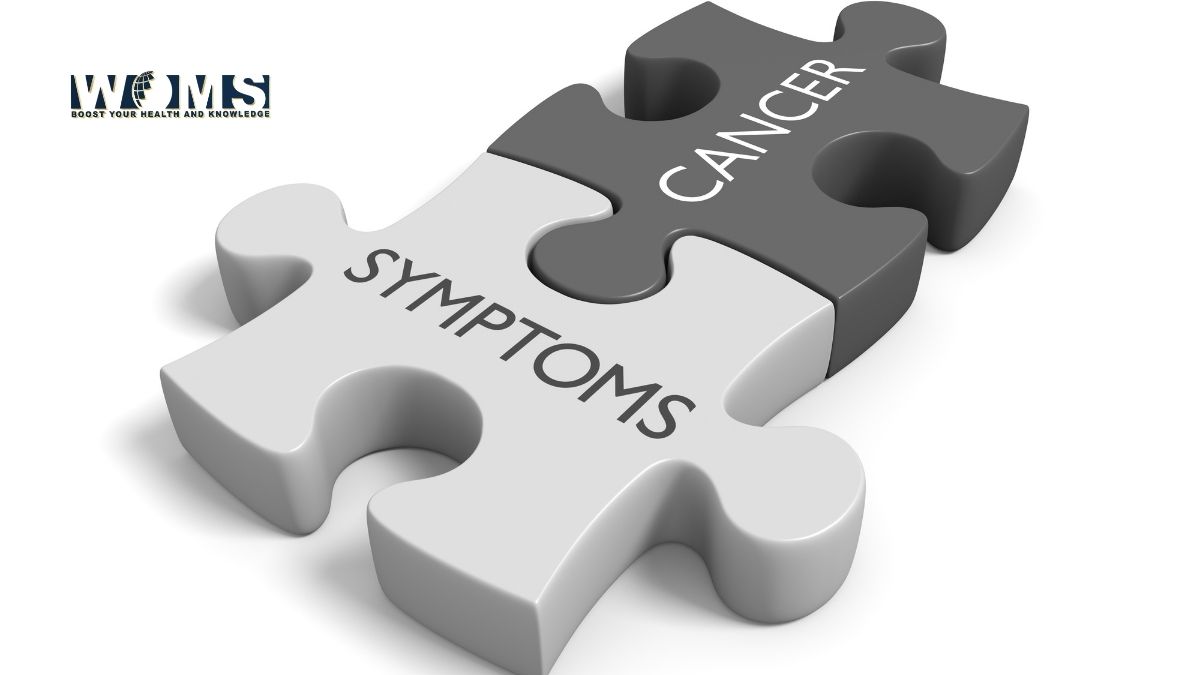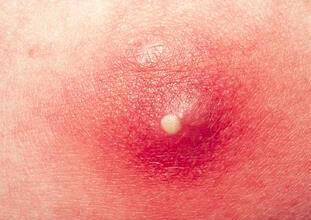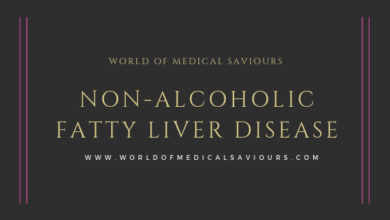7 warning signs of cancer

Cancer may be remarked as a group of diseases characterized by an
- Abnormal growth of cells
- Ability to invade adjacent tissues and even distant organs, and
- The eventual death of the patient if the tumour has progressed beyond that stage when it can be successfully removed.
Cancer can occur in any situation, position, or tissue of the body and may involve any type of cells. Sometimes cancer can develop without warning. but the majority of cases having warning signs. So here are 7 warning signs of cancer.
7 warning signs of cancer
- A lump or compact area in the breast.
- A change in wart or mole.
- A persistent change in digestive and bowel habits.
- A persistent cough or hoarseness
- Excessive loss of blood at the monthly period or loss of blood outside the unusual dates.
- Blood loss from any natural orifice.
- A swelling or sore that does not get improved.
Categories of cancer
- Carcinoma (arises from epithelial cells)
- Sarcomas (arises from connective tissue)
- Lymphoma, myeloma and leukaemias (arises from bone marrow and immune system)
Causes of cancer
- Genetic factors: genetic influence have long been suspected e.g. Mongols are more likely to develop leukaemia than normal children. Genetic factors are less conspicuous and more difficult to identify.
- Environmental factors:- dust, radiation
- Alcohol: it contributes 3% of all cancer, excessive intake can cause liver and oesophageal and rectal cancer.
- Tobacco: major environmental cause of cancer causes lung mouth, pharynx, oesophagus even kidney cancer.
- Dietary factors: eg smoked food causes stomach cancer, fatty food causes breast cancer.
- Occupational exposures: account 1-5% of all cancer.
- Virus: eg Hep B and C, HIV/AIDS
- Parasites: schistosomiasis causes bladder cancer.
- Customs, habits and lifestyle: may be associated with an increased risk of cancer.
- Others: sunlight, air and water pollution, medication (estrogen etc).
Control of cancer
Control of cancer aimed at
- Reducing significantly the number of new cases (reduces incidence)
- Increasing the number of cures.
- Reducing the invalidism due to cancer.
At least 1/3rd of all cancers are preventable.
Primary prevention
- Control of tobacco and alcohol
- Personal hygiene
- Radiation: to reduce the amount of radiation
- Protection against occupational exposures
- Immunization: eg Hep-B, cervical cancer
- Foods, drugs and cosmetics
- Air pollution
- Treatment of precancerous lesions.
- Legislation: e.g tobacco, alcohol
- Cancer education
Secondary prevention
Intervention: early diagnosis and treatment
1. Cancer registration
- Hospital-based registries: all patients treated by a particular institution, whether inpatients or out-patients.
- Population-based registries: a right step is to set up a hospital-based registry and extended the some to a population-based cancer registry.
2. Early detection of cases
- Cancer screening is the main weapon for the early detection of cancer at the preinvasive stage of premalignant stages.
- Cancer education: find out what’s happening in the field of cancer treatment. Keep a tab on how Eureka is progressing in its pursuit to find immunotherapies to cure specific types of cancers.
Summary
According to NCI, 609,640 people were estimated to die from cancer in 2018. Men are more likely than women to have a fatal case. At the same time, the ACS estimates that over 20 million people are excepted to survive cancer by 2026.
The key to surviving cancer is to take charge of your health. By dealing with 7 warning signs of cancer, you may improve your chances of eventually being cancer-free.




